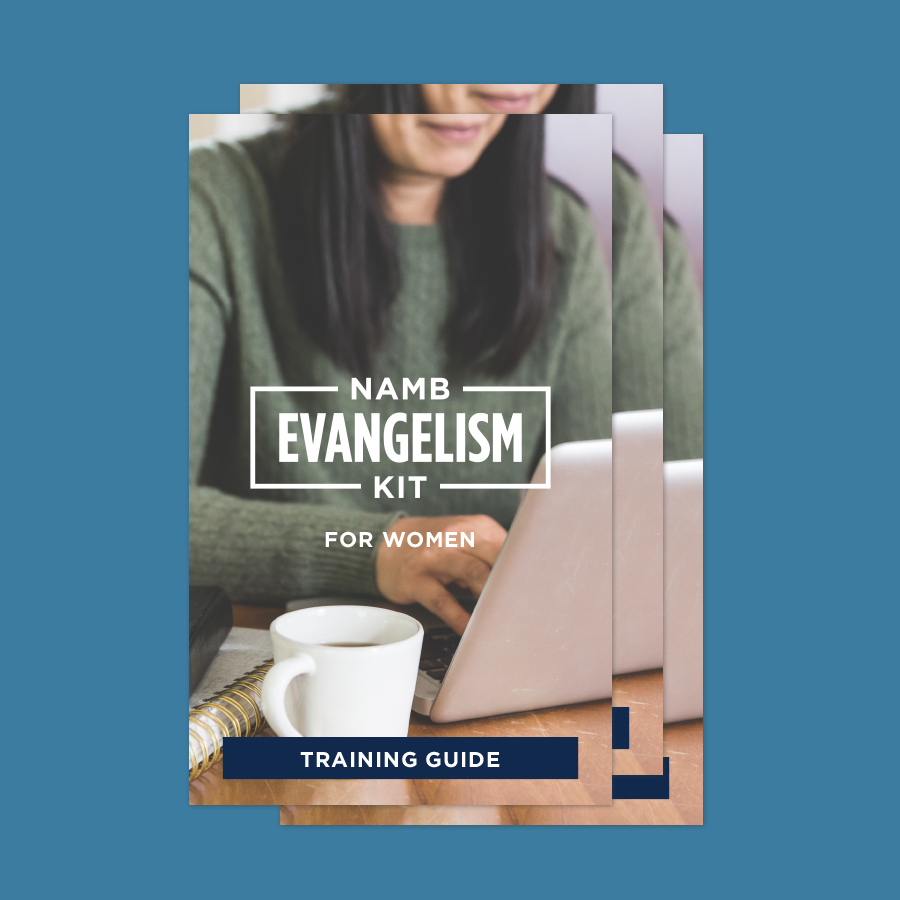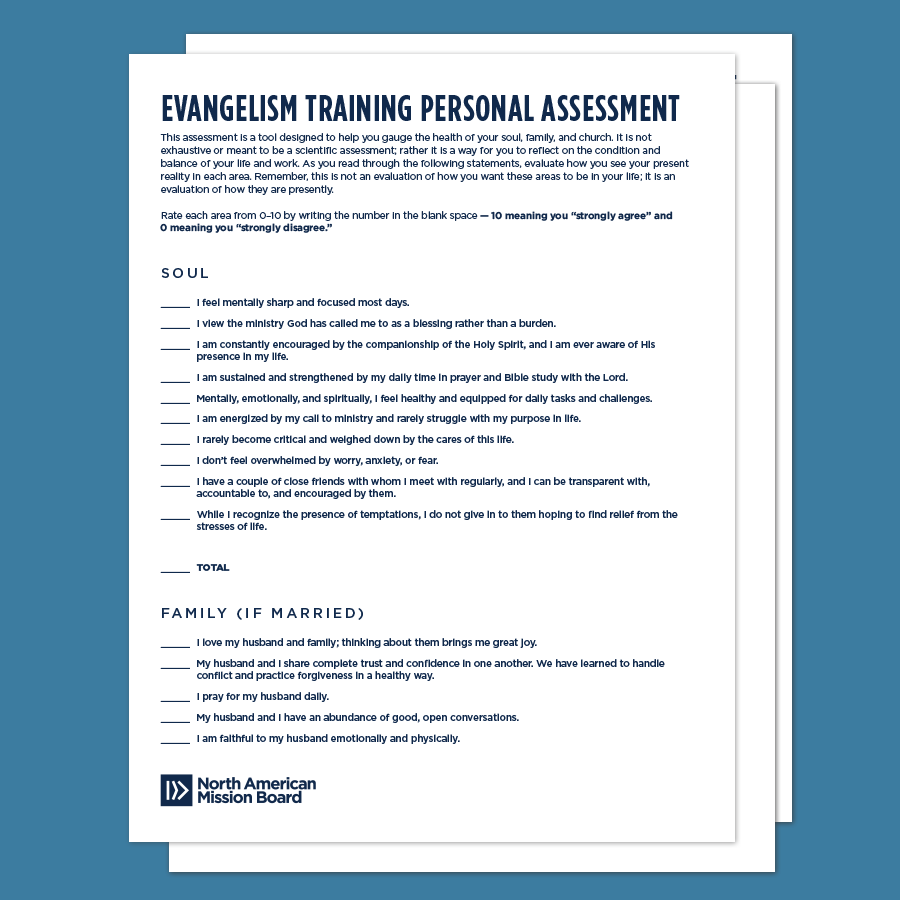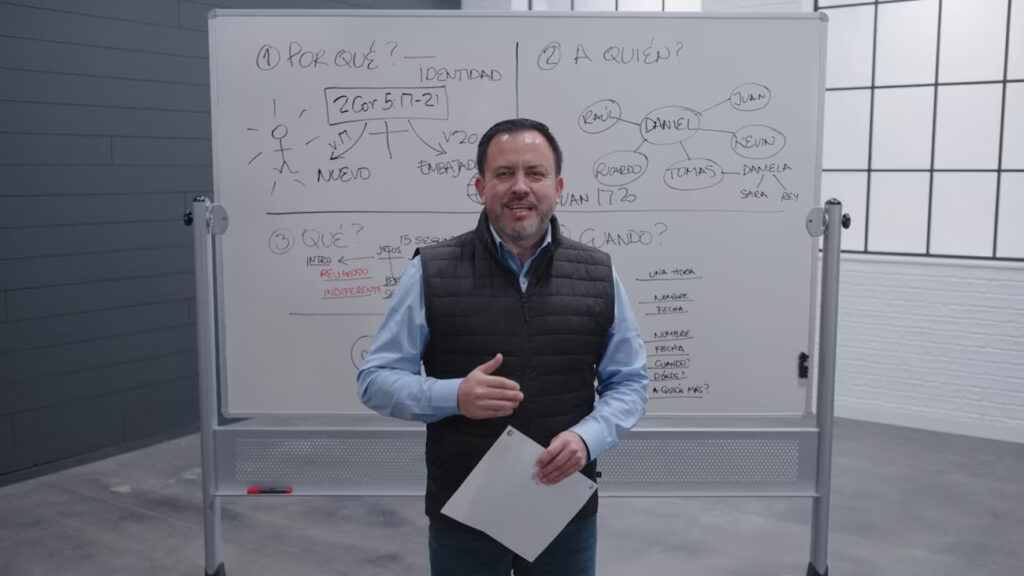There are prominent bluffs in the middle of my city where I have gone at times to get perspective and pray. One particular day I needed to escape from the traffic and busyness. After a short hike to the bluffs I looked over my city. Instead of just a beautiful view God gave me different lenses to see my city that day. I saw the pain, the issues and the weight people were living under. I am not usually a cry-er, but that day I wept for my city.
Up to that point I was only renting space in my city. It was where I worked, had a mailbox and stored my stuff. I lived in a house, but it wasn’t home. I tried to escape my city twice in the name of “a call to serve people somewhere else.” God let me fail both times. I’m so glad He did.
We only hear of Jesus weeping twice in Scripture: once over a dead friend, and once over a dying city. After the crowds laid palm branches beneath the donkey on which Jesus rode into Jerusalem, he looked over a divided city and took on its pain. He saw the issues and knew the division Jerusalem would always face.
Do you weep for the brokenness in your city? Maybe you’ll never cry physical tears for your place, but the pain and divisions in our cities should grieve us and move us to compassion. Places mattered to Jesus, and they should matter to us.
The place you already live is the most obvious, but most overlooked, place to start ministry. Jesus’ ministry was rooted within a very small area. He didn’t travel over oceans like Paul did; Jesus chose to spend His life in an area the size of New Jersey. You’re not a failure if you don’t grow up and move out to a grand place. You can live your life in a small radius and make a big impact.
Maybe you’ll never cry physical tears for your place, but the pain and divisions in our cities should grieve us and move us to compassion.
When rightly applied, the gospel propels us in an outward direction. The church was born to a Spirit-filled group of disciples who expected to see the gospel spread from their place to the whole world: “You will be my witnesses in Jerusalem and in all Judea and Samaria, and to the end of the earth” (Acts 1:8). We are invited to be sent ones, taking on Jesus’ mission to seek and save the lost—but also taking on Jesus’ incarnational posture. Here are some things to stay focused on as you aim to live incarnationally.
Start local.
In the ministry of Jesus, the work of the disciples, and the historic spread of the gospel, we see a local faith that went global. Without local witness, a region can never hear the gospel, and our world can never catch fire for Jesus. Without compassion for the people in our places we will never be moved to action. Gospel presence must start in our front yards.
You’re not a failure if you don’t grow up and move out to a grand place. You can live your life in a small radius and make a big impact.
Think context, not conquest.
We must learn to take the role of spiritual investigators, scouring our communities for clues of how and why it functions. Our world doesn’t need religious conquistadors looking to overtake their city through conquest, but instead local missionaries who want to love and serve Jesus in their particular context. We need love, true incarnation, that mirrors the compassion of Jesus.
Start with compassion, not strategy.
Often we get stalled in long strategy sessions or look to find perfect methods of disciple making. There’s no perfect strategy to start loving your place and its people, but at some point we all must learn to join the journey. Loving our place and the people who reside there will naturally lead us to contextualize our ministry methods. Our focus will shift from practicing strategy on people to feeling the texture of their souls and stories. When we draw near to people we get the privilege of seeing their hurt and joy up close. Jon Tyson says, “The only thing that can sustain incarnational ministry is love.” No matter how you are wired, you can learn to engage with the people in your place with the love of Jesus. Digging deep with people in your place isn’t about being an introvert or an extrovert; it’s about being a child of God.
Loving our place and the people who reside there will naturally lead us to contextualize our ministry methods.
Whether we start with love for a people or love for a place, we must all learn to see the people around us with the compassion of Jesus. May our hearts break for what is already broken in our places.
Published September 1, 2015



